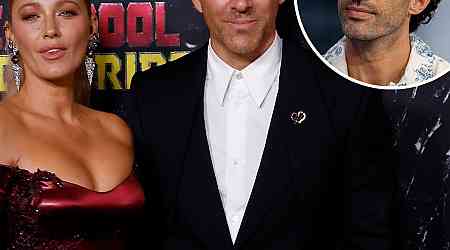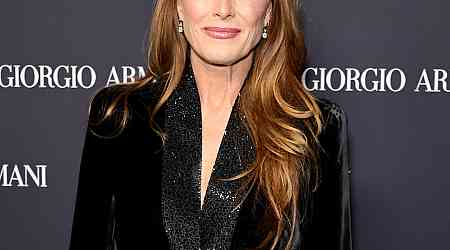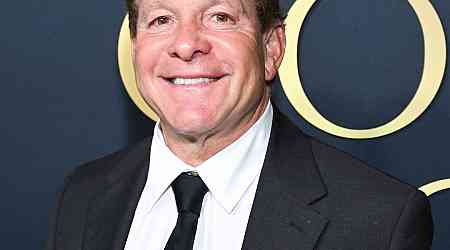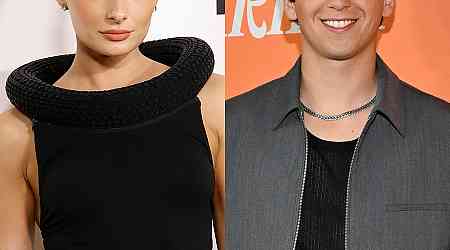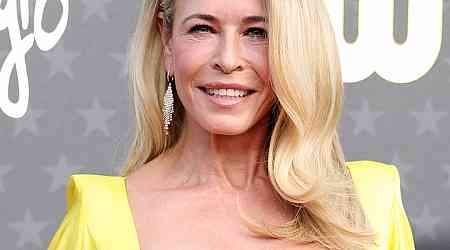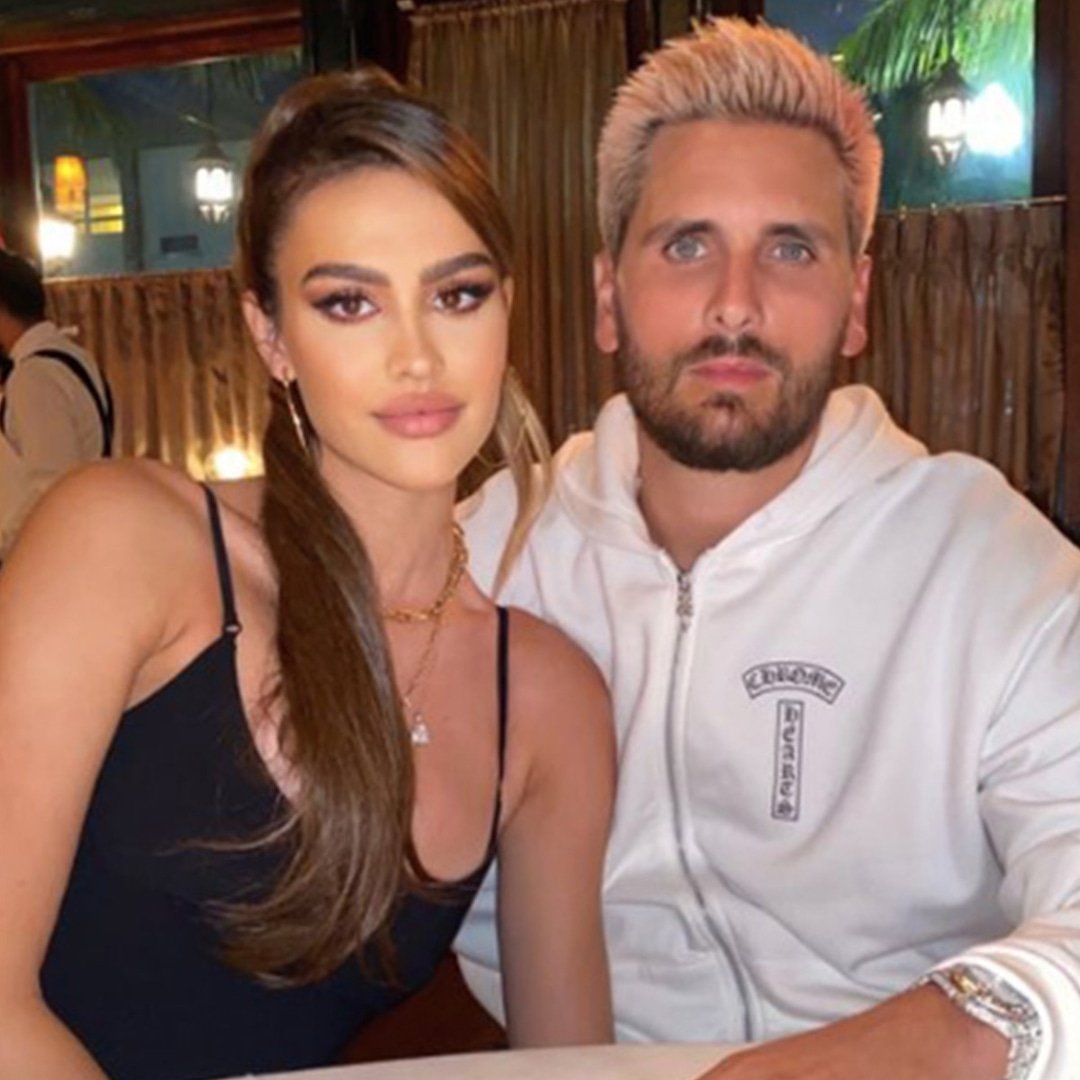reflects on reaching “a certain age” in her new memoir — and how it’s changed certain interactions with her daughters.
In Brooke Shields Is Not Allowed to Get Old: Thoughts on Aging as a Woman (on sale Tuesday, January 14), Shields writes that she once was “strolling through the streets of downtown New York” with “stunning girls” Rowan, 21, and Grier, 18, when they received “admiring looks from various passersby.”
The 59-year-old actress recalls feeling “protectiveness, pride, melancholy” all at once. “I’ve become used to being recognized on the street, but this time was different: the looks weren’t cast in my direction, but at the two beauties by my side,” she writes.
In her Us Weekly cover story, Shields opened up to Us about the pivotal moment and why she included it at the beginning of her book.

“This stage is really so many things all at once. I wanted that to somehow be expressed,” she explained. “The conflicts that we feel — they hit you all at once. I think it happens with motherhood as well. There’s such protection, such pride and joy, and then it’s a reflection back on what you are no longer, technically.”
Shields said that she’s “not saying there’s an envy or jealousy” with her daughters, but rather “a restructuring” within her own thoughts.
“They’re starting their journey as you’re reaching a level that is hopefully [more] happy and calm but comes with a lot of fraught feelings,” she explained.
Shields, who turns 60 in May, noted that this moment is something that “anybody who has a daughter” can understand. “‘Oh, my God, I’m not that anymore. What is my value now?’” she stated.

“I thought, maybe that’s a good starting off point for where this book is supposed to sit in the zeitgeist now,” Shields explained. “What we herald and what we hold up, what we knock down, what we covet, what we’re afraid of. Then, this other just unbelievable glorious piece … these are my beautiful babies that are growing and starting — then you’re protective of them.”
In the book, Shields explores the idea of feeling invisible as you get older — which she actually looks at as a tool that she can actually use.
“It’s funny, my girls are all righteous about these things: ‘How could you say that, Mom?’ I’ll say, ‘My ego doesn’t have a problem with playing this game. I’m weakening my opponent into thinking I’m incapable.’ I found it a source of definite power and strength,” Shields continued, noting that she “used to apologize” when starting any sentence.
“I don’t have to come in weak anymore,” Shields stated. She told Us that being able to “defer and be respectful” is how she tackles these situations.
“I say, ‘This is your area of expertise, and I do not pretend to know a percentage of what you do, but in my opinion,’ Then I’m a bit more on equal footing,” she shared. “I don’t feel like I have to diminish myself to express something, whereas I think I used to be afraid to have an opinion.”
For more on Shields, pick up the latest issue of Us Weekly — on newsstands now.
With reporting by Carla Sosenko






























